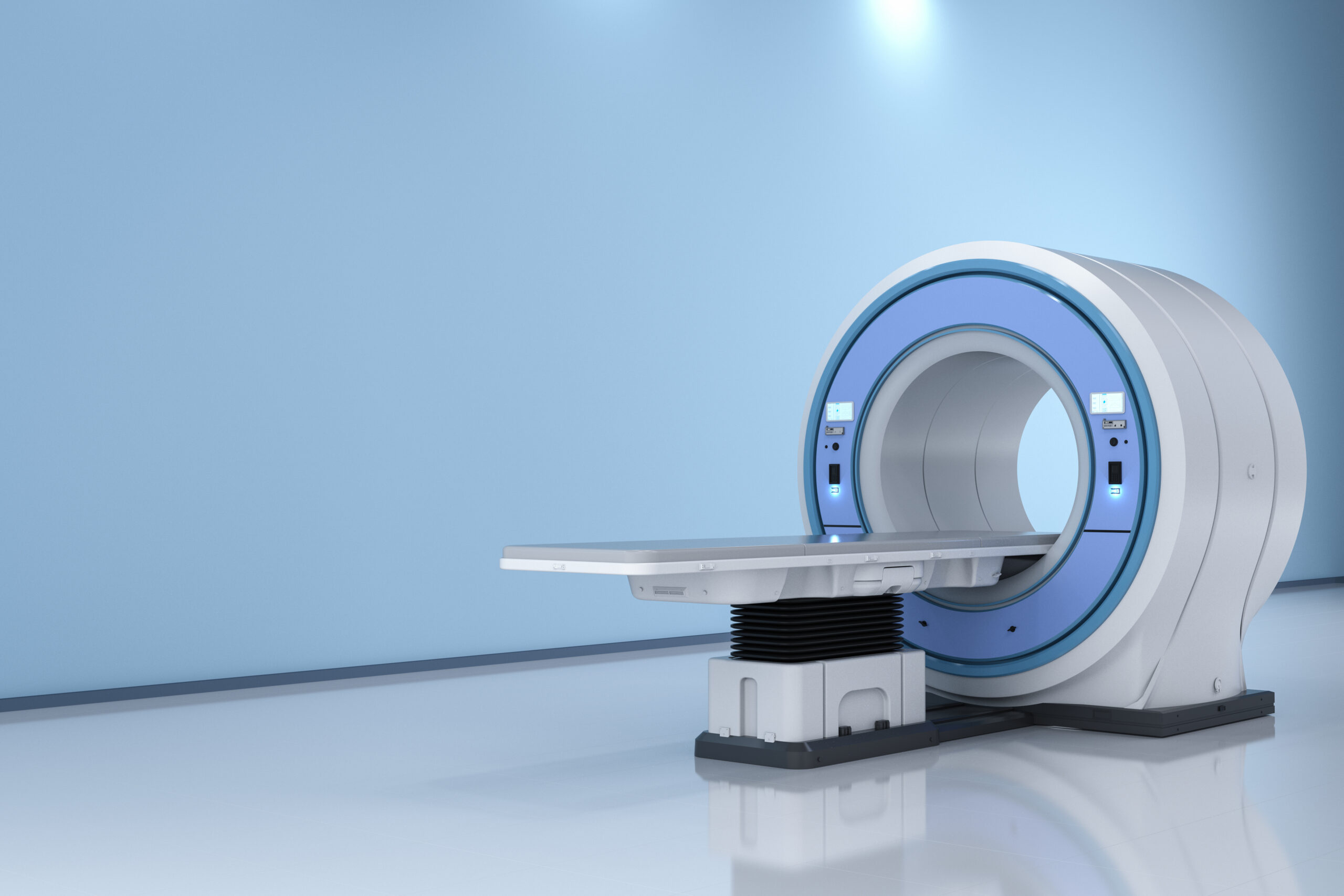Navigating Nursing Home Coverage: Medicare’s 100-Day Limit and Medicaid’s Ongoing Support
Navigating nursing home coverage can be a complex and overwhelming process, especially when dealing with programs like Medicare and Medicaid. Understanding how these programs work is crucial for planning and ensuring that your loved ones receive the care they need.
### Medicare’s 100-Day Limit
Medicare provides partial coverage for nursing home care, but only under specific conditions. It covers up to 100 days of skilled nursing care following a hospital stay of at least three consecutive days. Here’s how it typically works:
– **Days 1-20**: Medicare covers 100% of approved costs.
– **Days 21-100**: Medicare covers 80% of the costs, and the patient pays a daily co-payment (which is $211 in 2025).
– **Day 101 and beyond**: Medicare stops paying, and alternative funding must be found.
Medicare’s coverage is designed for short-term rehabilitation, not long-term care. This means that if someone needs ongoing nursing home care beyond the 100-day limit, they will need to explore other payment options.
### What Happens When Medicare Stops Paying
When Medicare stops paying for nursing home care, the facility must provide a Notice of Medicare Non-Coverage (NOMNC) to the patient. This notice must be given in writing and can also be communicated in person or over the phone. If you believe Medicare should continue covering the care, you can file an appeal. There are two types of appeals: fast and standard. A fast appeal must be filed by noon on the day before the scheduled discharge, and Medicare has two days to decide whether to continue coverage.
### Medicaid’s Ongoing Support
Medicaid, on the other hand, can provide comprehensive coverage for nursing home care, but eligibility requirements must be met. Medicaid covers a wide range of services, including:
– Room and board
– Skilled nursing care
– Personal hygiene supplies
– Meals
– Medications
– Rehabilitation services
– Social services
Medicaid will cover these costs for as long as the care is medically necessary, making it a vital option for those who require long-term nursing home care. However, not all nursing homes accept Medicaid, so it’s important to check if the facility your loved one is in accepts Medicaid payments.
### Planning Ahead
Given Medicare’s limitations, it’s essential to plan ahead for long-term care. Options include:
– **Long-term care insurance**: This can help cover costs beyond Medicare’s 100-day limit.
– **Medicaid planning**: If you anticipate needing long-term care, understanding Medicaid eligibility and planning accordingly can be beneficial.
– **Private savings**: Using personal savings or other financial resources can also help cover long-term care costs.
Navigating these systems requires patience and understanding, but with the right planning and support, you can ensure that your loved ones receive the care they need.





